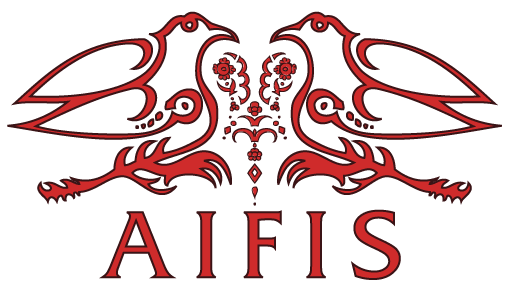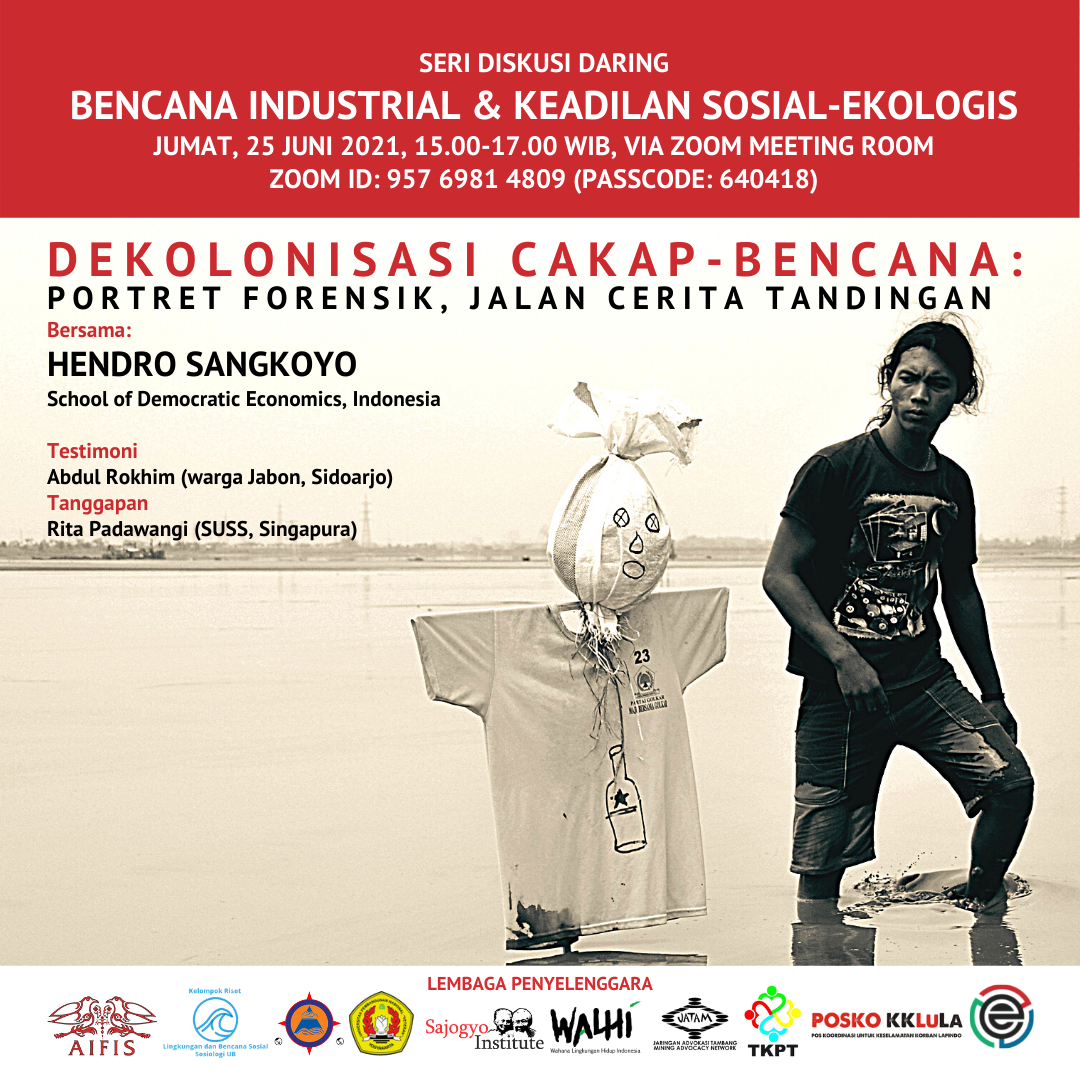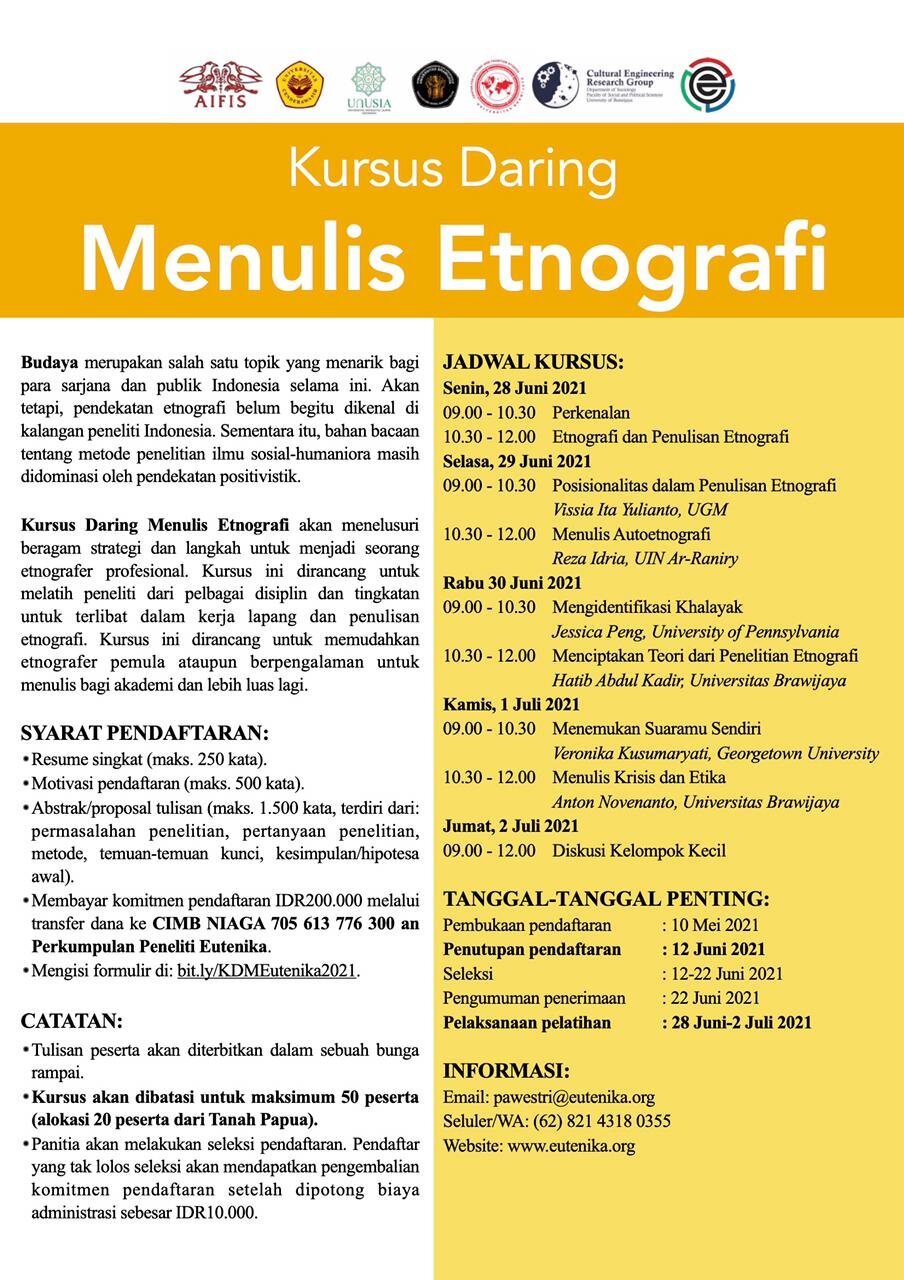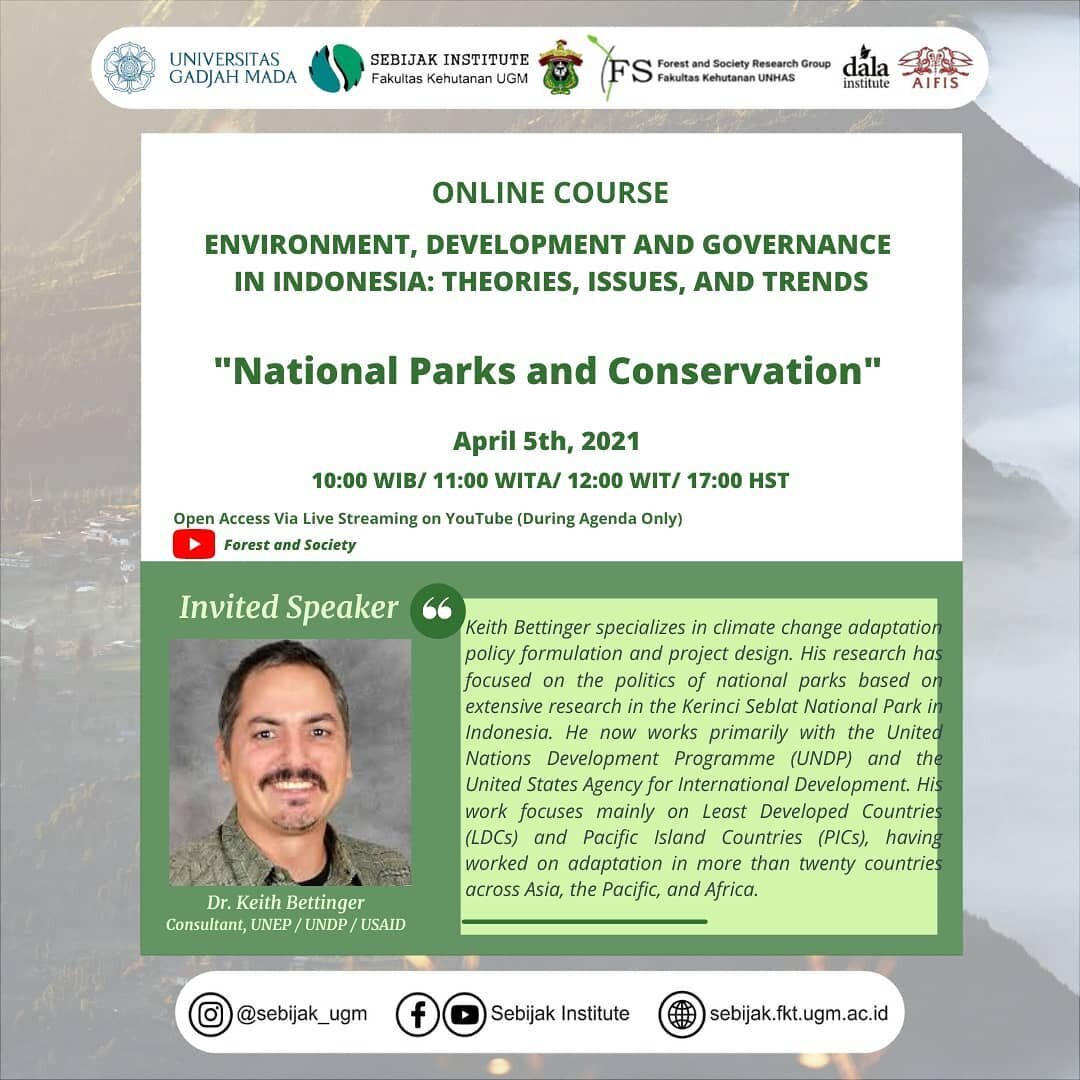Presented by:
The American Institute for Indonesian Studies (AIFIS)
and the Social Science Research Council (SSRC)
Workshop Dates: 6-9 December 2021
The Social Science Research Council (SSRC) in collaboration with the American Institute for Indonesian Studies (AIFIS) offers an introductory workshop on Academic Writing for International Publication to enhance the capacity of early-career Indonesian scholars to write and publish in English language journals. The workshop focuses on the challenges faced by Indonesian scholars working in the social sciences, arts and humanities, and applied sciences, in publishing internationally, and on strategies and methods to overcome these challenges. Through a series of talks and individual consultations, workshop participants will learn about preparing manuscripts for submission to academic journals, and receive feedback on their writing. In individual sessions with one of the Presenters, participants will receive feedback on the paper’s central question, argument, and presentation. Participants will leave the workshop prepared to complete a preliminary draft of a research manuscript.
The workshop is open to Indonesian scholars and researchers who are at the beginning to intermediate stage in the development of a research publication. Workshop participants will submit concept papers outlining research articles they are planning to prepare for publication. Participants who have a preliminary draft should submit that as well.
Application Submission Deadline: Sunday, 14 November 2021 at 23:59 WIB (Jakarta time)
IMPORTANT DATES
Application Open 25 October 2021
Application Submission Deadline 14 November 2021, 23:59 WIB
Notification of Selected Applicants 26 November 2021
Workshop Dates and Times 6 December 2021, 18:30-21:30 WIB
7 December 2021, 19:00-22:00 WIB
8 December 2021, 19:00-22:00 WIB
9 December 2021, 19:00-22:00 WIB
Post-workshop Individual Sessions 10-17 December 2021
OVERVIEW OF WORKSHOP GOALS
The 1-week intensive workshop will cover three broad topic areas:
i) What editors look for in a manuscript
ii) How to communicate an idea and develop a focused argument
iii) Using the Salient Points of Publishable Academic English to Write a Research Article in English
WORKSHOP PRESENTERS / PRESENTATIONS
Paul H Kratoska was formerly Publishing Director of NUS Press at the National University of Singapore. He served on the Board of Directors of the US Association for Asian Studies from 2003-2005 and is past editor of the Journal of Southeast Asian Studies and current editor of The Journal of the Malaysian Branch of the Royal Asiatic Society. He taught at the Ateneo de Manila (1975-77), Universiti Sains Malaysia (1977-87) and the National University of Singapore (1987-2005). His research focuses on Southeast Asia and he has published books and articles on the Japanese Occupation, the history of rice cultivation, ethnic minorities, school textbooks, and academic publishing. He was a contributor to the Cambridge History of South-East Asia, the Cambridge History of World War II, and the Routledge Handbook of Southeast Asian History, and serves on the boards of Southeast Asian Studies (CSEAS, Kyoto University), TRaNS: Trans-Regional and -National Studies of Southeast Asia (Sogang University), and The Journal of History (Philippine Historical Society). He is lead mentor for the US Social Science Research Council’s Global Scholars Initiative.
Presentations by Paul H Kratoska:
1). What Editors Look For ; 2). Writing for International Publications ; 3). Why Your Dissertation is Not a Book ; 4). The Ethics of Scholarly Communication
Susan Lopez-Nerney designed, coordinated and taught language, writing and professional communication courses for undergraduates and graduates in the Centre for English Language Communication at the National University of Singapore from 1992 until 2013. She has conducted writing workshops for graduate degree candidates and junior faculty in Japan, Hong Kong, Singapore, Malaysia, Taiwan, Thailand, the Philippines and Indonesia. She is a mentor for the US Social Science Research Council’s Global Scholars Initiative.
Presentation by Susan Lopez-Nerney: Salient Features of Publishable English
Paul Nerney designed, taught and coordinated courses in English as a Second Language and English as a First-School Language for the Centre for English Language. He also worked under the Provost’s Office to design, teach and coordinate writing and critical thinking modules for the University Scholars Programme and University Town Residential Programme. More recently, he has conducted writing workshops for graduate degree candidates and junior faculty in Japan, Singapore, Malaysia, Taiwan, Thailand, the Philippines, Hong Kong and Indonesia. He is a mentor for the US Social Science Research Council’s Global Scholars Initiative.
Presentation by Paul Nerney: Planning and Drafting Strategies for Research Papers
Linda Grove is Consulting Director of the Social Science Research Council's Tokyo office and program director for the Council’s Global Scholars Initiative. She formerly taught Chinese social and economic history at Sophia University in Tokyo, where she served as dean and vice president with responsibility for international programs and research management. Her publications include books and articles on Chinese rural industrialization and social change, East Asian trade history, and Chinese women's history, as well as translations of Japanese and Chinese scholarship on Chinese history.
Presentation by Linda Grove: Preparing a Literature Review
Siddharth Chandra is past President of the American Institute for Indonesian Studies, and Director of the Asian Studies Center and Professor of Economics in James Madison College at Michigan State University. Prior to joining Michigan State University, he was Director of the Asian Studies Center and Associate Professor at the Graduate School of Public and International Affairs at the University of Pittsburgh. His research interests include behavior and policy relating to addictive substances, the intersection of demography, economics, health, and history in Asia, and applications of portfolio theory to fields outside finance, for which the theory was originally developed. His research has appeared in a variety of journals across the disciplines including American Psychologist, Emerging Infectious Diseases, Demography, Drug and Alcohol Dependence, Nicotine and Tobacco Research, the International Journal of Drug Policy, the Journal of Regional Science, the Journal of Economic History, World Politics, The British Journal of Political Science, and The Journal of Asian Studies.
Presentation by Siddharth Chandra: How Your Target Audience Affects Writing Style
If you have any inquiries, please contact: annas.bentari@aifis.org





















